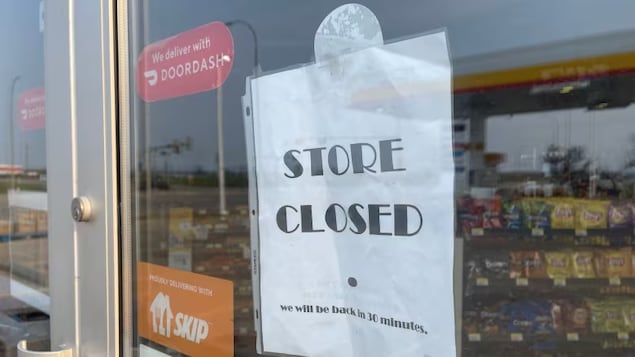The Afghan crisis was discussed at an extraordinary meeting of the Organization of Islamic Cooperation in Islamabad.
France Press agency
On Sunday, December 19, Pakistan warned that if the Afghan economy continues to collapse there will be “serious consequences” for the international community, and demanded world leaders to engage in dialogue with Taliban leaders to avert a humanitarian crisis.
Opening the Extraordinary Meeting of the Organization of Islamic Cooperation (OIC) in Islamabad, Pakistani Foreign Minister Shah Mehmood Qureshi estimated that an exacerbation of the crisis could lead to severe famine, new refugee flows and the rise of extremism.
Representatives of the 57 OIC countries, including his Taliban counterpart Amir Khan Mottaki, as well as delegates from the United States, China, Russia, the European Union and the United Nations warned, “We cannot ignore the risk of complete economic collapse.”
This meeting is the first major gathering on Afghanistan since the fall of the old regime with the support of Washington in mid-August and the arrival of the Taliban to power.
Since then, the international community has frozen billions of dollars in aid and resources.
On the eve of a harsh winter, the United Nations has warned that Afghanistan is on the brink of the world’s worst humanitarian emergency, lacking food, fuel and money. The World Food Program warned of the arrival of a “flood of famine”.
Minister says distinguishes between ‘Afghans and Taliban’
For his part, Pakistani Prime Minister Imran Khan said that the Taliban should be distinguished from ordinary Afghans.
“I am specifically addressing the United States to tell them that they have to differentiate between the government of Afghanistan and 40 million Afghan citizens,” he declared, “even if they have been in conflict with the Taliban for 20 years.”
He also called for recognition by the Taliban authorities not necessarily based on Western ideals of human rights. “Every country is different (…) the idea that every society has different human rights,” he said.
No country has formally recognized the Taliban government, and diplomats face the delicate task of channeling aid into Afghanistan without empowering radical Islamists.
On Sunday, nearly all delegates who spoke at the start of the meeting insisted that minority rights should be protected and women and girls allowed to work and study.
Although the Taliban have vowed to take a less hardline stance than when they ruled from 1996 to 2001, women are still excluded from public employment and many girls’ secondary schools remain closed.
Only Pakistan, Saudi Arabia and the United Arab Emirates recognized the former Taliban regime. The meeting of the Organization of the Islamic Conference is not expected to lead to the international recognition that Islamists aspire to.
Instead, Qureshi claimed that the organization would study a plan to help the country that would include the Taliban authorities, to reduce pressure on the country.
The program will include coordinating aid, increasing investments, helping rebuild Afghan institutions, and proposing experts to run the economy. (I)





